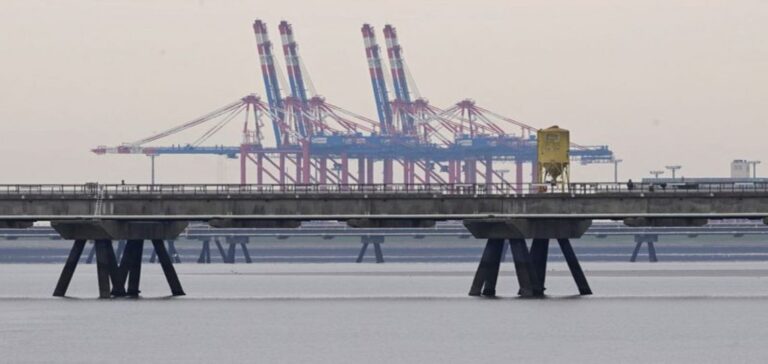Germany, historically a major importer of Russian gas, is trying to find other sources of supply. Indeed, since the invasion of Ukraine, Russian gas flows have come to a halt.
Germany looks to Europe
Germany is sourcing more gas from the Benelux countries, Norway and France. Berlin imports 37.6% of Norwegian gas in September, compared to 19.2% in the same month last year. While Dutch deliveries rose from 13.7% to 29.6% of imports, according to data from the industry group BDEW.
Reference gas prices on the Dutch market fall by 70% from August’s record highs. The megawatt-hour costs €104 today. This price is 15% higher than last year, but it reflects the impact of replacements.
German importers
Three major German importers dominate the country’s gas market. The German importer Uniper says it is sourcing Norwegian, Dutch and Azeri gas via pipelines. The company announces that it will trade LNG to supply more gas from northwest Europe.
VNG says it has been replacing two Russian contracts totaling 10 billion cubic meters per year since May. Thus, it is entering into private, bilateral and LNG agreements with other countries. Securing Energy, formerly Gazprom Germania, is also pursuing this strategy.
Major energy works
By 2023, Securing Energy for Europe aims to have 20% of its portfolio supplied by LNG. In the absence of LNG receiving terminals, Germany is building floating LNG terminals. Thus, two of them will go into operation at the end of the year, one in Brunsbuettel and the other Wilhelmshaven.
Two more will follow in Stade and Lubmin. These four terminals will have a total capacity of 22.5 billion m3. Finally, a fifth floating LNG terminal will be built for the winter of 2023-2024.





















